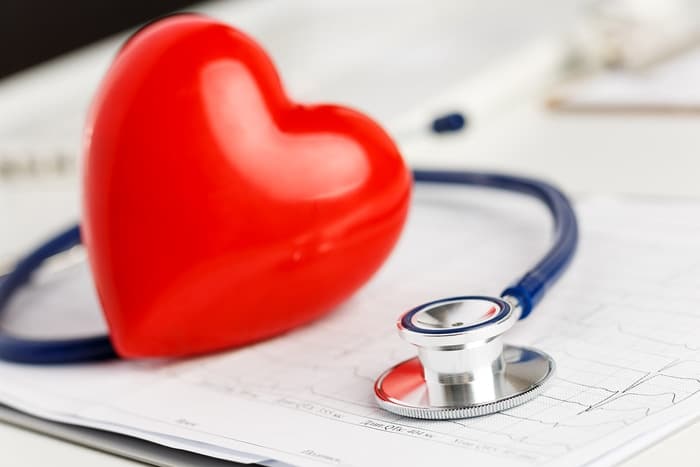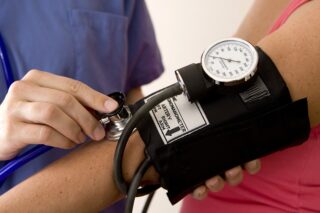
Silent atrial fibrillation (AFib) is a dangerous condition that affects millions of Americans. It is vital to understand what differentiates silent AFIb from the standard condition, as well as how you can reduce your risks of suffering potential complications.
What is silent AFib?
Most people assume that if they develop atrial fibrillation, they would know it immediately. After all, many of the common symptoms, such as dizziness, chest pain, and difficulty breathing are pretty serious and obvious.
However, this isn’t always the case. Many people right now are suffering from a condition known as silent AFib without even knowing it. Millions of cases of AFib involve no outward symptoms at all, and patients only discover that they have the condition if it is diagnosed during a routine checkup or other visit to a medical office.
Recognizing the warning signs of silent AFib
Patients who suffer from silent AFib may be able to go about their daily routine with relative ease when compared to symptomatic patients, but they are at the same risk for dangerous cardiovascular complications, such as a stroke. Therefore, it’s vital that people living with silent AFib get diagnosed as soon as possible so they can begin treatment.
Patients with silent AFib may experience faint symptoms associated with the condition and assume they are unrelated to their heart health. If you feel dizzy, notice a fluttering in the chest, or experience repeated fatigue, you should see a doctor as soon as possible.
Also, there are several factors that can put you at greater risk for developing silent AFib. These risk factors include:
- High blood pressure
- Family history of AFib
- Diabetes
- A history of other heart issues
- Old age
How to protect yourself from the dangers of arrhythmias
The best way to protect yourself against the dangers of AFib, be it silent or otherwise, is to catch the problem as soon as possible and begin a treatment regimen. If you have any of the common risk factors for AFib, it’s important to get your heart rhythm checked regularly. If you do experience any of the symptoms that are associated with AFib, even if they are mild, you should consult with a medical professional immediately.
If you or a loved one are living with a heart rhythm disorder, contact Heart Rhythm Consultants. Dr. Dilip Mathew is board certified in Cardiology & Cardiac Electrophysiology and has been serving patients in Sarasota and surrounding cities including Venice, Tampa and Sun City Center for over a decade.



